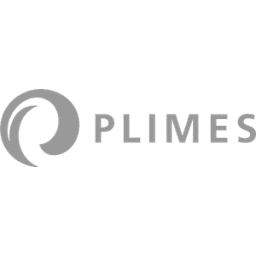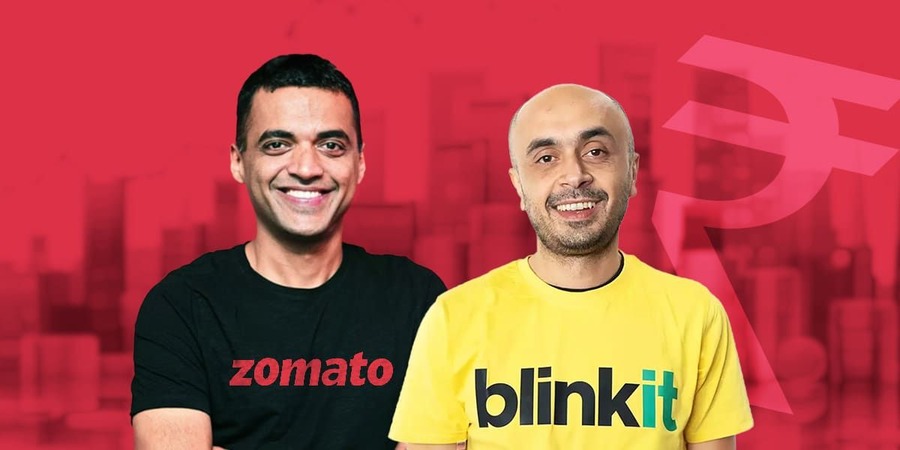Plimes, a healthcare startup spun-off from the University of Tsukuba in Japan, announced in late March that it has raised nearly $1.4 million US in a seed round from robotics venture Cyberdyne (TSE: 7779), a fellow University of Tsukuba native for the startup. Plimes is also allying with Cyberdyne to accelerate the development and market expansion of their product.
In general, people’s swallowing ability decreases with age, which puts the elderly at risk of aspiration and in turn increases the chance of pneumonia and/or death. Physicians may choose to alter the diet of patients with the decreased ability to swallow by switching them from solid food to mashed pastes, or in some cases patients may require gastrostomy for direct nutrients.
Gokuri, the startup’s product, is a medical support device designed to improve the quality of life (QoL) for such eldery people. The device routinely measures whether or not swallowing is normal from the sound picked up using a microphone attached to a user’s neck, and it aims to improve the efficiency of user rehabilitation. The ability to accuratly monitor swallowing increases the possibility that the user can regain the power to eat and enjoy tasty solid foods.
This is seed funding for the Plimes team after 10 years since they started basic research at the University of Tsukuba and the University Hospital of Tsukuba back in 2010 (not yet incorporated at that time). Funding was made possible by Gokuri’s high level of accuracy, 97.3% or more, with regards to measuring normal and abnormal swallowing conditions, and the establishment of a business model using hospitals as sales channels. The current business model assumes that hospitals will adopt the solution to improve medical services for patients.
Plimes COO/Co-founder Atsushi Nitasaka says,
For example, hospitals don’t want to see any patient with a brain tumor is cured by surgery but goes on to die of aspiration pneumonia the first time he ate. […]
During the process of starting development and advancing the product market fit, we realized that there is a need for doctors to monitor the patients’ diet. However, doctors cannot be continuously looking after them. This is where our solution can help. Our business model supports hospitals with their goal of discharging patients quickly.
In collaboration with Kyotango City in Kyoto, Tarumizu City in Kagoshima, and Fukuoka Prefecture, and other local governments, the company has been conducting practical tests with elderly participants at local medical facilities. Plimes feels that Japanese startups are uniquely skilled at developing solutions for aging societies, and since aging is a social issue common to developed countries, they have started global business expansion. Plimes is currently conducting demo tests in the US, Germany, and Denmark.



